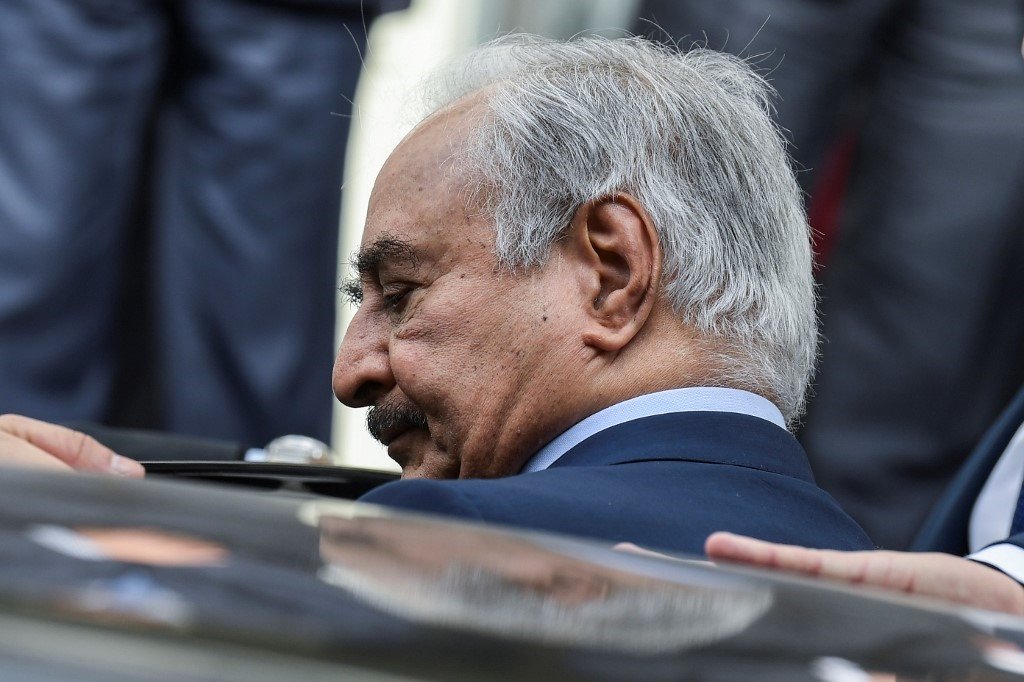

Representatives of the warring parties in Libya meeting in Geneva have agreed on the principle of turning their shaky truce into a lasting ceasefire, the UN’s Libya envoy said on Tuesday.
“The principle has been adopted from the first session. Now the question is what are the conditions,” Ghassan Salame told reporters in Geneva.
Five senior officers appointed by the UN-recognised Government of National Accord (GNA) and five appointed by the Libyan National Army (LNA) of strongman Khalifa Haftar are taking part in the talks.
“We started yesterday to discuss with them… an attempt to transform the truce into a more solid one, less often violated by either side,” he said.
The talks are being moderated by Salame, who last week lashed out at what he branded “unscrupulous” foreign players for meddling in the conflict in the North African country.
MUST READ | Amended UN draft resolution calls for withdrawal of mercenaries in Libya
The talks started on Monday and were expected to continue on Tuesday, Salame said.
“There is a genuine will for both parties to sit together and start negotiating together,” he said.
“So far we had separate sessions for both parties but I’m sure the time will come for the two sides to sit together,” he added.
At a summit in the German capital last month, world leaders committed to ending all foreign interference and to upholding a weapons embargo to help end the long-running civil war.
Salame said the two sides would meet for talks on economic cooperation in Cairo on February 9 and could hold political talks on resolving the conflict in Geneva in two weeks’ time.
ALSO READ | Libya: UN envoy slams violations of pledge to end foreign meddling
He also reiterated his calls for the international community to assist with the lifting of an oil blockade imposed by forces loyal to Haftar and to prevent the flow of arms and mercenaries into Libya.
Libya has been mired in chaos since a 2011 NATO-backed uprising that killed longtime dictator Moamer Kadhafi, with two rival administrations vying for power.
The conflict deepened when Haftar, who controls much of the south and east of Libya, launched an assault last April to seize Tripoli, the base of the GNA led by Fayez al-Sarraj.
